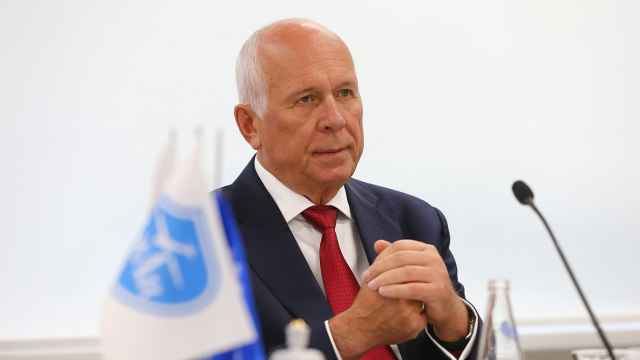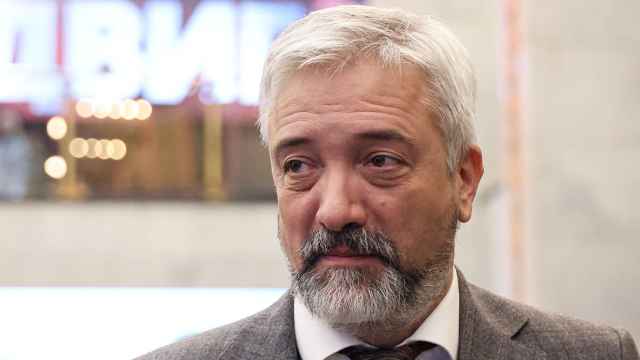Tatneft will start sales by early next year from the nation’s first new refining complex since the collapse of the Soviet Union, as it considers doubling capacity, company chairman Rustam Minnikhanov said in an interview with Bloomberg.
“The political approval is there,” said Minnikhanov, who is also president of Tatarstan. “A decision will be made in the near future — it depends on money.”
The government funded about 5 percent of the 290 billion ruble ($9.5 billion) project, as it seeks to raise the price of the Urals crude export blend by removing lower quality oil from pipelines and refining it domestically. The government is pushing refiners to expand and upgrade to cut dependence on raw materials exports and reduce fuel and petrochemicals imports.
Tatneft, which owns 91 percent of the plant, may sell shares in the refinery to raise financing, Minnikhanov said. The Tatarstan government holds the other 9 percent, he said.
Refining may help revive Tatneft’s fortunes, as annual output growth has stalled at less than 1 percent for the past four years. Oil-product sales at the refinery, called Taneco, will start this year or early next year, after construction began in 2005, Minnikhanov said.
Igor Sechin, Prime Minister Vladimir Putin’s deputy in charge of the energy industry, urged Tatneft to expand the plant, Khamza Bagmanov, the project’s head, said at a government meeting last month on development of the energy industry to 2020.
Tatneft has spent more than 75 percent of a planned 220 billion rubles to bring Taneco to a capacity of 7 million metric tons (140,000 barrels a day), with a full range of products by 2016, Minnikhanov said. Doubling capacity will increase the cost about 32 percent to 290 billion rubles, Minnikhanov said.
“Tatneft’s priority is the search and realization of investment projects in refining,” Minnikhanov said. The company will maintain its dividend policy of paying out 30 percent of profit under Russian accounting standards, he said.
Second-quarter profit to U.S. generally accepted accounting principles plunged 41 percent from a year earlier as Tatneft pumped oil into storage rather than selling it and taxes rose faster than oil prices. Nine-month net income may be at the same level or slightly below last year’s level, Minnikhanov said, without elaborating.
The company is seeking to exploit the region’s bitumen or heavy oil resources to boost output. Tatarstan may hold as much as 7 billion tons of heavy oil, according to the regional government.
Tatneft plans to produce 250,000 tons of the highly viscous oil in 2015 under a pilot project, Minnikhanov said. Russia is working out tax discounts for the hard-to-produce fuel. Talks with Royal Dutch Shell and Chevron about jointly developing fields have stalled, he said. Russia has the technology needed to process bitumen into synthetic oil without their help, he said.
“High-viscosity oil is one of the sources that will allow the country’s output to remain at 500 million tons for decades,” Minnikhanov said.
A Message from The Moscow Times:
Dear readers,
We are facing unprecedented challenges. Russia's Prosecutor General's Office has designated The Moscow Times as an "undesirable" organization, criminalizing our work and putting our staff at risk of prosecution. This follows our earlier unjust labeling as a "foreign agent."
These actions are direct attempts to silence independent journalism in Russia. The authorities claim our work "discredits the decisions of the Russian leadership." We see things differently: we strive to provide accurate, unbiased reporting on Russia.
We, the journalists of The Moscow Times, refuse to be silenced. But to continue our work, we need your help.
Your support, no matter how small, makes a world of difference. If you can, please support us monthly starting from just $2. It's quick to set up, and every contribution makes a significant impact.
By supporting The Moscow Times, you're defending open, independent journalism in the face of repression. Thank you for standing with us.
Remind me later.





